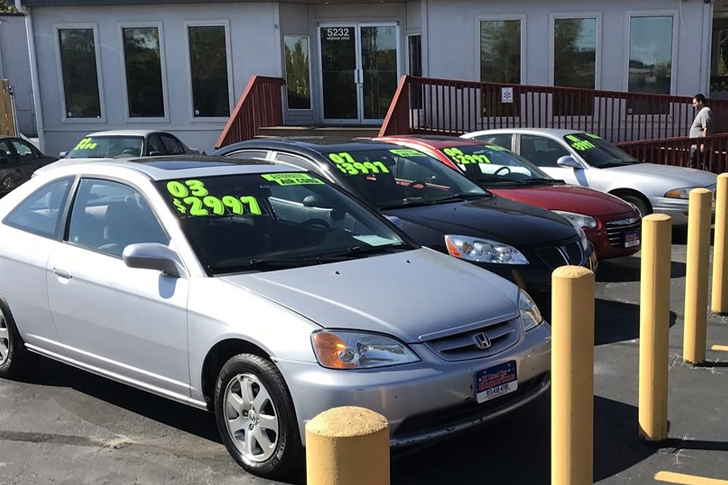Essential Tips for Buying a Budget-Friendly Used Car
Buying a used car is a practical choice for many due to the significant reduced price. Making used cars an appealing option for budget-conscious buyers. However, finding a quality used car at a great price requires strategy, knowledge, and careful planning. This article outlines effective steps to secure a competitive used car without compromising on reliability and value.

Understanding the Used Car Market
The price of a used car is influenced by several factors, including make, model, year, mileage, condition, and the local market. For instance, SUVs and trucks tend to hold their value longer than sedans due to higher demand. Additionally, the time of year can affect pricing—convertibles are pricier in summer, while SUVs may cost more in winter.
Steps to Finding an Affordable Used Car
- Set a Budget: Before you start looking, determine how much you can afford to spend on a used car. Remember to account for additional costs such as taxes, registration, insurance, and potential repairs.
- Do Your Research: Use online tools like Kelley Blue Book, Edmunds, or Consumer Reports to research the cars you are interested in. These sites provide information on market value, reliability ratings, and ownership costs.
- Scout Multiple Sources: Look for used cars on various platforms, including online marketplaces (like Autotrader or Craigslist), local dealerships, and public auctions. Comparing different sources can help you find the best price.
- Check Vehicle History: Always check the vehicle history report using the car’s VIN (Vehicle Identification Number). Services like CARFAX or AutoCheck can provide crucial information about the car’s past, including any accidents, service history, and previous ownership.
- Get a Pre-purchase Inspection: Hiring a trusted mechanic to inspect the car before you buy it can save you from expensive repairs down the line. They can spot potential problems that might not be apparent to untrained eyes.
- Negotiate the Price: Armed with your research on the car’s value and condition, negotiate with the seller. Be prepared to walk away if the deal does not meet your expectations.
- Consider Older Models: Cars that are 5-10 years old can be significantly cheaper than newer models and still offer reliability if they have been well-maintained.
- Look for High Mileage Cars: Cars with higher mileage are priced lower, but they can still be a good deal if they have a reliable maintenance history. Some models are known to run well past 200,000 miles with proper care.
- Avoid Extras: When buying from a dealership, avoid costly extras like extended warranties or aftermarket accessories. These are often overpriced and unnecessary.
- Close the Deal Safely: When buying from a private seller, ensure the transaction is safe and secure. Meet in a public place and consider completing the transaction at a bank or DMV office.
Conclusion
Finding an affordable used car involves thorough research, careful inspection, and smart negotiation. By understanding the factors that affect car pricing and knowing where and how to look for the best deals, you can make an informed purchase that fits your budget and meets your needs.







Recent Comments